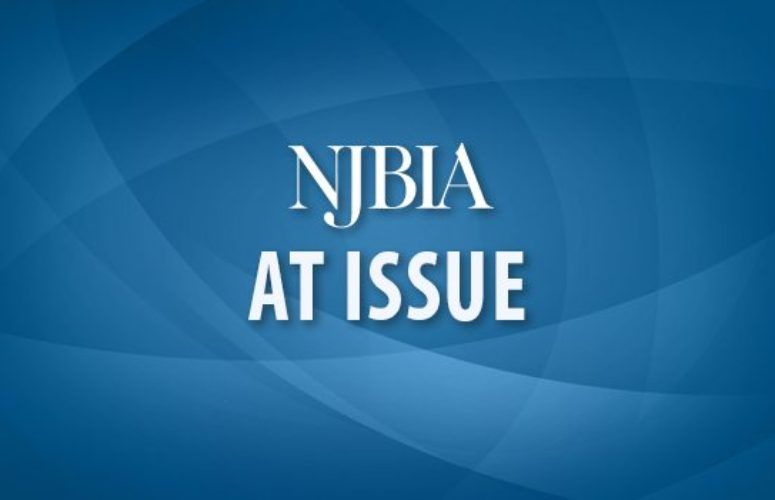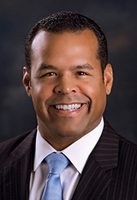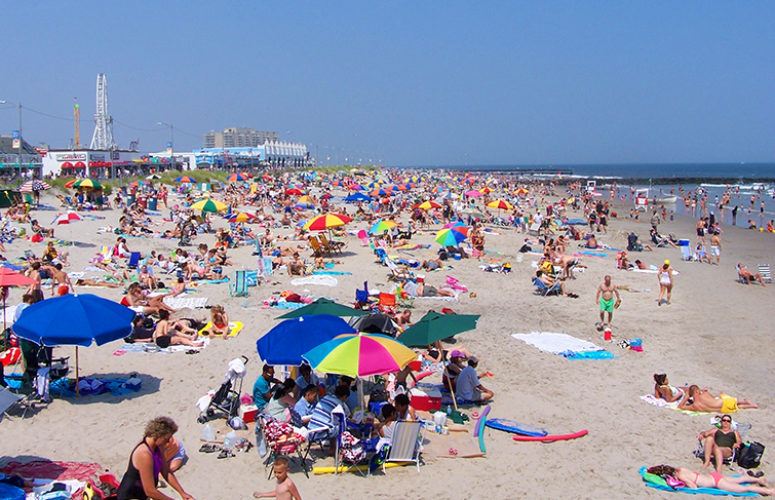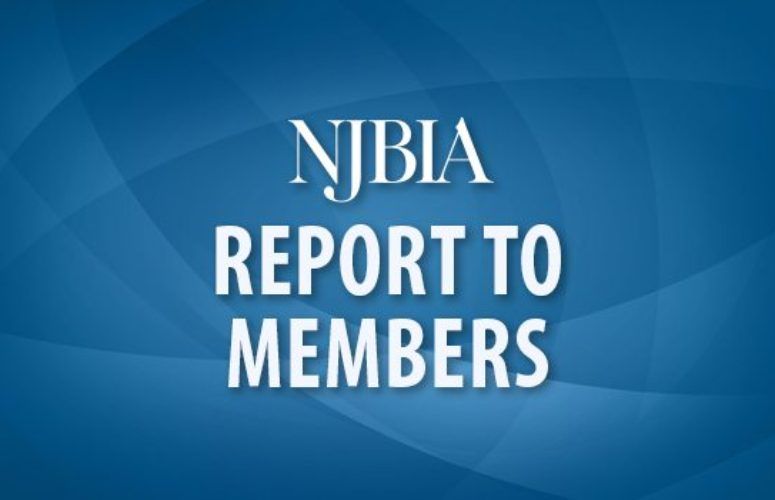
NJ and the Trump Budget
In Action
By Michael Wallace, Director, Employment, Labor Policy & Federal Affairs On Jun 29, 2017
Michael Wallace, Director, Employment, Labor Policy & Federal Affairs
When President Donald Trump introduced his first federal budget in May, it was clear he wanted to take the federal government in a dramatically different direction. That comes as no surprise. Trump has done just about everything differently than past presidents and his budget continues in this regard.
The budget includes higher defense spending, a cut in discretionary spending, a $1-trillion infrastructure plan and six weeks of paid family leave. No doubt Congress will have a lot to say about spending before the end of the government’s fiscal year (Sept. 30), but for now, here’s a look at how some of Trump’s proposals will impact New Jersey.
Joint Base McGuire-Dix-Lakehurst – The president asked for a new round of military base closings in his budget, which usually means it’s time to worry about the future of the Joint Base. But the budget proposal also includes funding that will make it less likely that the New Jersey facility will be targeted. The Joint Base will receive $269 million to be home to 24 new KC-46 refueling planes, making New Jersey the only place on the East Coast that has them.
Besides its strategic importance, the base is a big part of the local economy. According to the New Jersey Military Installation Growth and Development Task Force Report, it generates about $6.5 billion in economic activity and supports 75,000 jobs.
Flood Insurance – The budget would cut $190 million per year from the National Flood Insurance Program by eliminating the updates to flood hazard maps, calling for other, “more effective and fair means” of funding the project. Should that mean higher prices for flood insurance, New Jersey would be affected more than most states because it has 231,000 flood insurance policies in force. Only Florida, Texas, Louisiana and California have more.
Medicaid Funding – In perhaps the most dramatic proposal, the president’s budget proposes reforming Medicaid by giving states the choice between a per capita cap and a block grant. This would be in addition to the Medicaid changes in the House Republican’s healthcare reform bill.
New Jersey had 1.28 million people enrolled in Medicaid prior to the Affordable Care Act expansion, so a substantial part of New Jersey’s population would be impacted. New Jersey also participated in the expanded Medicaid program, adding another 480,000 New Jerseyans to its rolls.
Trump’s budget does not specify where the cuts will come from, but should they result in more uninsured, the impact will reach beyond the individuals. State spending on charity care dedication (compensation for hospitals that treat the uninsured) dropped from $605 million to $252 million after the Medicaid program’s expansion. If more people start going to hospitals without insurance, charity care costs will likely increase.
Transportation – The budget proposes to limit funding for the Federal Transit Administration’s Capital Investment Program (New Starts) to projects with existing full funding grant agreements. The Gateway Tunnel project under the Hudson River would not qualify.
More broadly, the budget included the first specifics of the president’s $1-trillion infrastructure plan. The Administration will provide $200 billion in direct federal spending over 10 years, and leverage the remaining amount with loans and loan guarantees, increased private-sector investment and toll roads.
Looking ahead, the only thing we can say for sure is that President Trump’s budget will undergo a lot of changes. But this gives us our first look at how the president’s new direction for the nation will impact us.
Related Articles:






